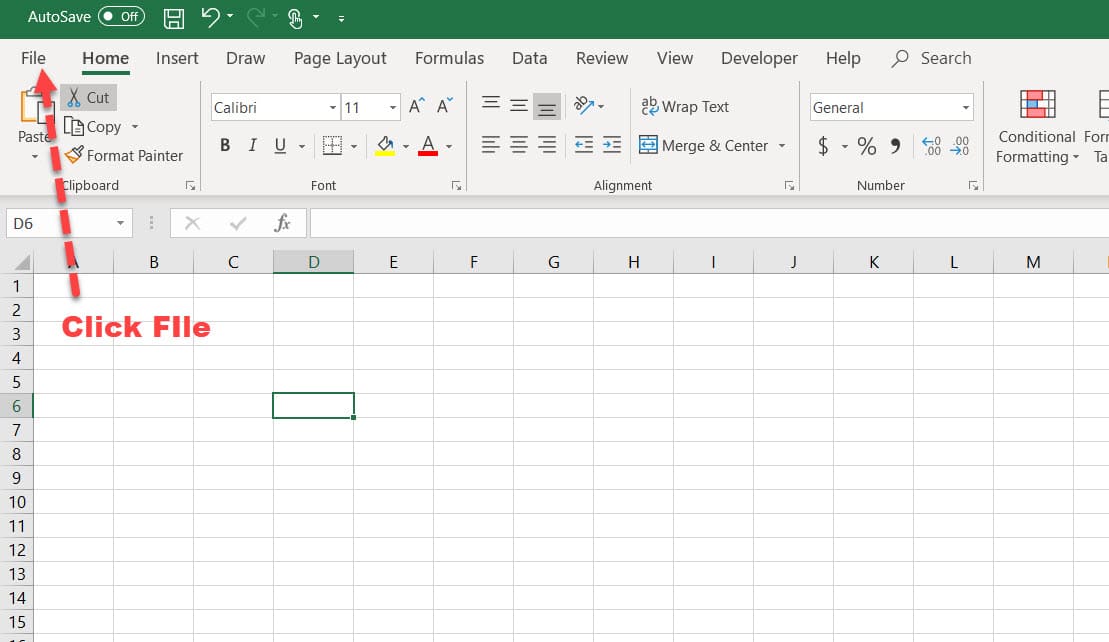Password Protect Excel Sheet Guide

Have you ever needed to share an Excel workbook but wanted to restrict access to certain data? Password protection in Microsoft Excel is a feature designed to help secure your documents by setting up different levels of protection for your spreadsheets. This detailed guide will walk you through how to implement password protection in Excel, ensuring your sensitive information stays confidential.
Why Password Protect Your Excel Sheets?

Before diving into the technicalities, let’s explore the reasons behind using password protection for your Excel files:
- Confidentiality: Ensure only authorized individuals can access or modify sensitive data.
- Data Integrity: Prevent accidental or unauthorized changes to your spreadsheet data.
- Control: Limit what people can do with your file, like only allowing reading or editing of specific sections.
Steps to Password Protect Your Excel Sheet

To start, open the Excel workbook you wish to protect:
1. Workbook Level Protection

This option lets you password protect the entire workbook. Here’s how:
- Click File > Info > Protect Workbook > Encrypt with Password.
- Enter your desired password in the “Password” box, then click OK.
- Re-enter the password to confirm. Now, every time someone opens this workbook, they’ll need this password.
2. Sheet Level Protection

If you want to protect individual sheets within a workbook, follow these steps:
- Select the sheet you want to protect from the bottom of the Excel window.
- Go to the Review tab, then click on Protect Sheet.
- In the dialog box, set a password (optional), and decide what actions users can perform. You can toggle options like selecting cells, formatting, etc.
- Click OK, and if you chose a password, confirm it.
3. Protecting Workbook Structure

Use this method to prevent users from adding, moving, deleting, hiding, or unhiding sheets:
- Go to Review > Protect Workbook.
- In the “Protect Structure and Windows” dialog box, tick the “Structure” option, add a password if desired, and click OK.
Additional Security Measures

Beyond basic password protection, consider these measures to enhance your document’s security:
- Use Strong Passwords: Ensure your passwords include a mix of uppercase and lowercase letters, numbers, and symbols.
- Limit Access: Set different permissions for different sheets or users if possible within your organization’s setup.
- Track Changes: Enable change tracking to see who made what modifications to your workbook.
Remembering Passwords and Recovery

Here are some tips on managing your passwords:
- Use a secure password manager to store your Excel passwords.
- Create a recovery key or share the password securely with a trusted person in case you forget it.
❗ Note: If you lose or forget your password, there’s no easy way to recover it. Always backup your passwords!
What Happens When You Forget Your Excel Password?

Losing your Excel password can be problematic:
- Microsoft’s Policy: Microsoft does not provide password recovery options for Excel.
- Third-Party Tools: Some third-party software might unlock the file, but be cautious as this can introduce security risks.
Managing Password Protected Workbooks

If you’re collaborating on a password-protected workbook:
- Ensure everyone involved knows the password and agrees on its use.
- Consider keeping a password log for authorized users within your organization.
- Update passwords regularly to maintain security.
🔐 Note: Always communicate securely when sharing passwords or password-protected documents.
By understanding how to effectively use password protection in Excel, you're not just safeguarding your data but also controlling how others interact with it. This guide has explored various layers of security, from basic password protection to more advanced measures like protecting workbook structures and managing access rights. Ensure you're using strong, memorable passwords, and consider how your security practices fit within broader data management policies. Remember, the goal is not just to lock away data but to share it responsibly and safely.
Can I recover a forgotten Excel password?

+
If you forget your Excel password, Microsoft provides no official method for recovery. However, there are third-party tools designed to unlock Excel files, though they come with potential security risks. Always backup your passwords or share them securely with a trusted person.
Is password protecting an Excel file secure enough?

+
Password protection in Excel adds a layer of security but isn’t entirely foolproof. For critical documents, consider additional measures like encryption at the file level or using enterprise-grade document management solutions.
What should I do if I want to share an Excel file but not all of its content?

+
You can protect individual sheets or use features like cell locking or hiding formulas to limit what users can view or change. Protect workbook structure and consider using different passwords for different sheets or different levels of access.